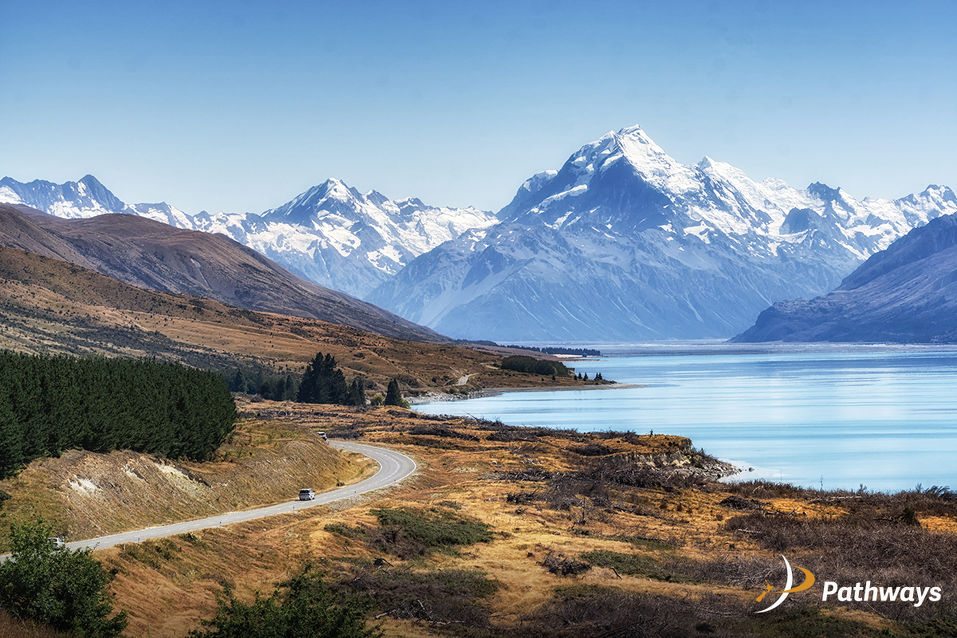Ready to begin your immigration journey?
Let’s get started by planning the first steps together now.Meet Our Team

NZ have announced immigration instructions, effective on and after 30 March 2020, to allow people not included, or exempt under the current travel ban, to be granted a visa or a Variation of Conditions to travel to New Zealand.
As part of continuing efforts to eliminate coronavirus, the Government has also put mandatory quarantine requirements in place for those who are permitted entry to New Zealand. Beginning at midnight on 9 April 2020, anyone entering the country will have to undergo 14 days of quarantine or managed self-isolation in a government-approved facility. The Government will cover the cost of accommodation in these facilities.
Meet Our Team
We use cookies on our website to provide you with the best experience. If you would like to know more about our privacy policy, take a look at our Privacy Notice
Accept 27 Mar 2020
27 Mar 2020